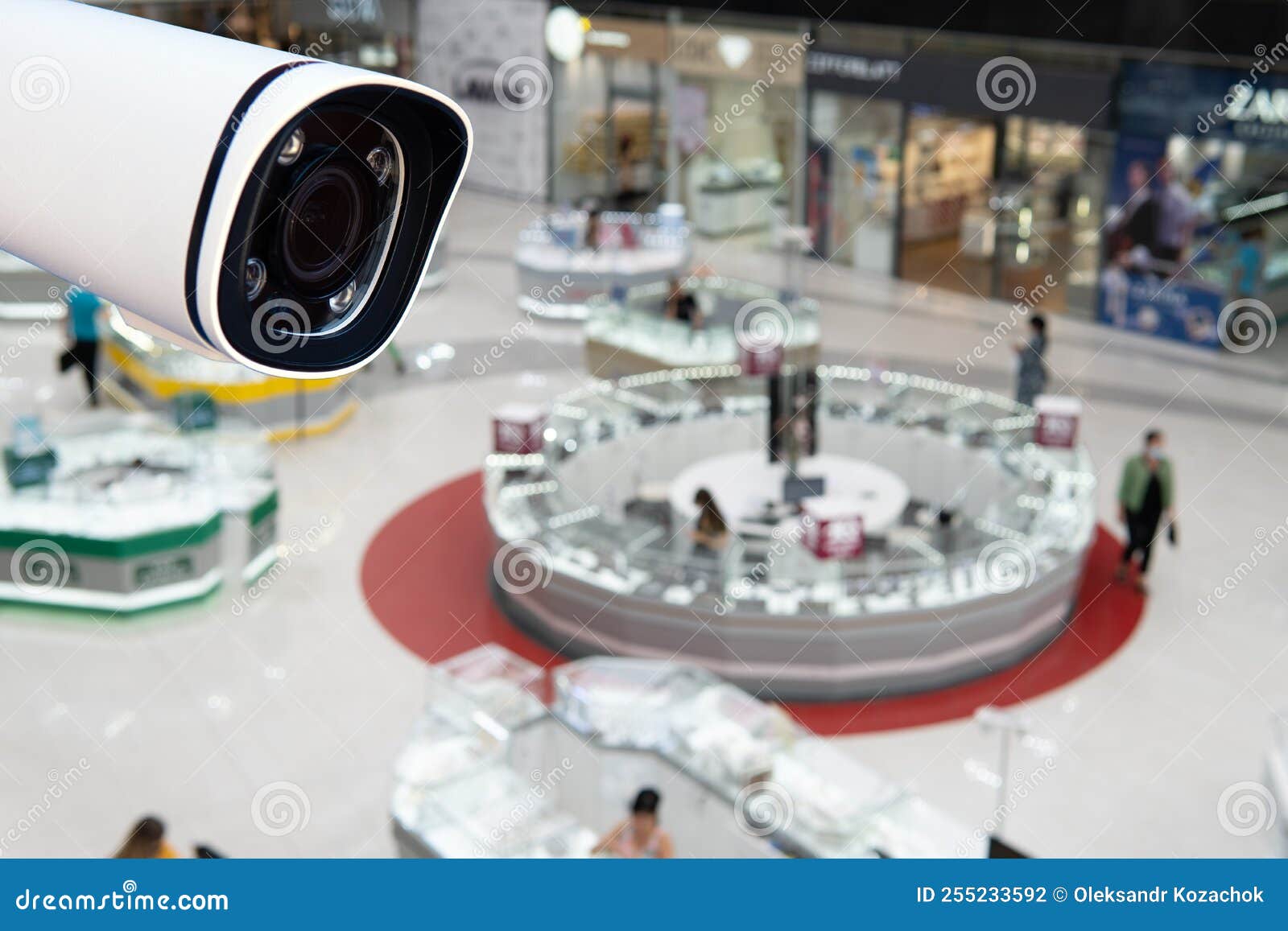Security cameras have become ubiquitous in today's society, playing a crucial role in enhancing security and surveillance in various environments. From residential homes to commercial properties, security cameras provide a sense of safety and peace of mind by monitoring activities and deterring potential threats. With advancements in technology, security cameras have evolved significantly, offering a wide range of features and capabilities to cater to diverse needs and preferences. Whether it's choosing the right type of camera for a specific setting or understanding the benefits of installing a security system, there is much to explore when it comes to the impact of these "eyes in the sky."
As the demand for security cameras continues to rise, individuals and businesses alike are faced with the task of navigating through the myriad of options available in the market. From wireless to wired systems, different resolutions, and night vision capabilities, selecting the most suitable security camera requires careful consideration and evaluation. Beyond https://sacramentosecuritycamerainstallation.com/about-us/ of monitoring and recording, security cameras have the potential to provide invaluable insights and support various aspects of daily life, such as enhancing safety, improving productivity, and even aiding in incident investigations. With a deeper understanding of the features, benefits, and best practices associated with security cameras, individuals can make informed decisions to safeguard their properties and loved ones effectively.
Choosing the Right Security Camera
When deciding on a security camera for your home or business, it's crucial to consider your specific needs. Think about whether you require indoor or outdoor surveillance, day or night monitoring, and the level of detail necessary. Understanding https://sacramentosecuritycamerainstallation.com/ip-security-cameras-in-sacramento-ca-sales-and-installation-final/ will help you choose a camera with the right features to meet your security objectives.
Another key aspect to consider is whether you prefer a wireless or wired security camera system. Wireless cameras offer flexibility in installation and are often easier to set up, while wired systems can provide a more reliable connection. Assessing your location and desired camera placement will help determine which type is best suited for your security requirements.
Lastly, take into account factors such as camera resolution, night vision capabilities, remote monitoring options, and compatibility with other security systems. Researching different brands and models, reading reviews, and seeking professional advice can assist you in making an informed decision that aligns with your security goals.
Benefits of Security Cameras
Security cameras offer a multitude of advantages for both residential and commercial settings. One key benefit is the deterrence of criminal activities such as theft and vandalism. The mere presence of visible security cameras can significantly decrease the likelihood of incidents occurring, creating a safer environment for all.
Another benefit of security cameras is the provision of valuable evidence in the event of a security breach or unlawful activity. Clear footage captured by these cameras can aid law enforcement in investigations and help identify perpetrators. This evidence can also be crucial in insurance claims and legal proceedings, providing documentation of incidents as they unfold.
Moreover, security cameras provide peace of mind for property owners and residents by offering constant surveillance and monitoring capabilities. Whether it's keeping an eye on a home while away or ensuring the safety of employees in a workplace, the real-time viewing and recording features of security cameras contribute to a sense of security and control over one's surroundings.
Installation and Maintenance Tips
When it comes to setting up security cameras at your home or business premises, choosing the right locations is key. Opt for areas that provide optimal coverage while minimizing blind spots. Regularly check and adjust camera angles to ensure you capture the desired areas effectively.
To maintain the performance of your security cameras, it's important to clean the lenses and housing regularly. Dust, dirt, and debris can affect image quality and motion detection capabilities. Additionally, keep an eye on the camera's power source and connections to prevent any disruptions in the system.

Consider investing in surge protectors or uninterrupted power supply units to safeguard your security camera system during power outages or electrical surges. Regularly inspect the wiring and connections to ensure everything is secure and functioning properly. Scheduled maintenance and system checks can help prevent potential issues and ensure your security cameras are always ready to protect your property.
